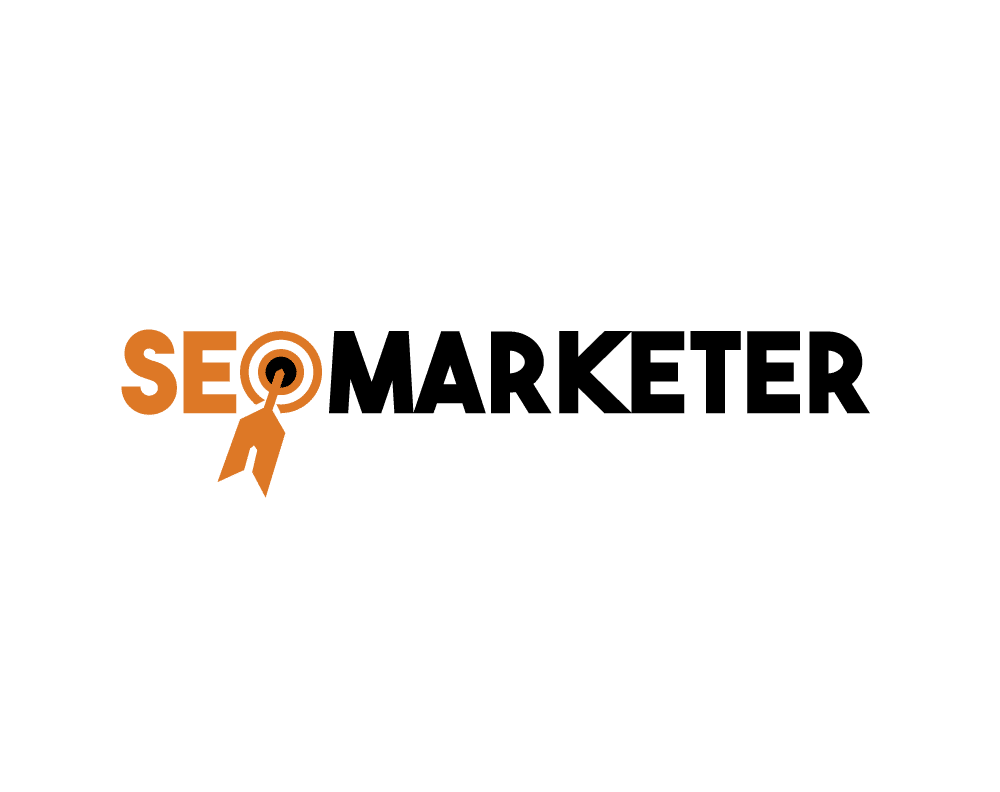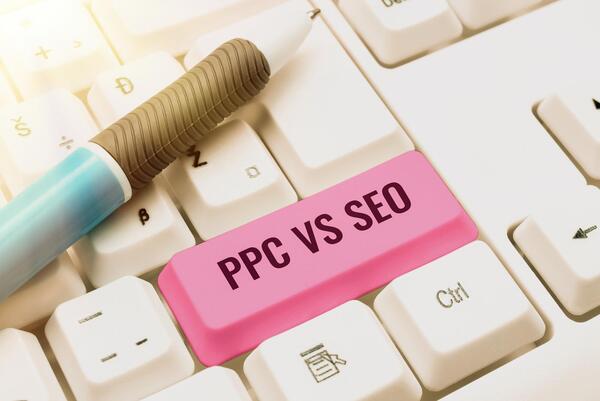Which is better, local SEO or paid search? You can’t do everything at once and you can’t market your business in every way possible. What’s more, it costs money to do so. So if you have limited resources, like most small businesses do, then you have to be smart about how you invest them—and decide which strategies will be best for your company. This is where the eternal debate between local SEO and paid search comes into play: Which one should you use? The answer depends on your business goals, but here are some things to consider if it’s still unclear:
What is local SEO?
Local SEO is the process of optimizing your website to rank well in local search results. It’s good for businesses with a physical location, as well as those that operate online but want to rank for local keywords and queries.
Local SEO can be broken down into two main categories:
- On-site optimization (or “on-page”), which includes factors like title tags, meta descriptions and content optimization;
- Off-site optimization (or “off-page”), including link building through social media profiles, blogs or industry directories.
What is paid search?
Paid search is a form of advertising on search engines. It’s also known as PPC or pay-per-click advertising. Unlike organic results (which are free), paid search ads appear in a paid space on the SERP and are therefore more relevant and targeted than organic results. Paid search ads tend to be more expensive than organic ones because they’re more effective at driving conversions for businesses who use them well–but they can also be cheaper if you don’t know what you’re doing!
When it comes to local SEO vs. PPC, this all depends on your goals:
- If your goal is simply to drive traffic from one location to another location (like when someone searches “pizza” on Google), then local SEO will probably work better for you because it focuses specifically on getting people from their current location into yours by optimizing listings across multiple platforms (including Google My Business).
- However…if your goal is also something like increasing foot traffic into stores during certain hours or seasons when demand spikes (such as Black Friday weekend), then PPC might be better suited because its focus isn’t just about ranking high but also delivering results quickly at scale without having any ties whatsoever with specific locations anywhere else online besides those within which each ad was displayed originally.”
Local SEO is best for businesses with low budgets.
Local SEO is free, but it requires a lot of work. You have to do all the legwork yourself and you have to be patient. It can take months or even years for your site to start ranking well for local keywords (especially because Google tends to favor larger sites).
But if you’re willing to put in the time and effort, local SEO can be very effective for businesses with low budgets. As long as your website has an address on it somewhere–even if it’s just a PO Box–you’ll be able to rank for some local searches without paying any money at all! So you need SEO Services from Specialists with proven results.
Paid search gives you access to huge audiences.
Paid search allows you to reach massive audiences.
- Paid search is more targeted and relevant than organic results. Your ads will appear in highly targeted SERPs (search engine result pages), which means that your audience is already looking for what you offer before they even click on your link.
- Paid Search campaigns require long-term commitment. Unlike organic SEO, paid search requires continuous monitoring and optimization to keep up with changes in Google’s algorithm–and if you stop paying for ads, it may take months before your rankings return naturally or at all!
Paid search ads are more targeted and relevant than the organic results.
Paid search ads are more targeted and relevant than organic results.
Paid search ads are more likely to be clicked on by users, which means you’re more likely to generate conversions from them.
Paid search ads have a higher ROI (return on investment) than most other forms of advertising because they can be so precise in targeting your ideal buyer, allowing you to spend less money and get better results!
Who provides better SEO services, an in-house team or an agency?
Paid search campaigns require a long-term commitment.
Paid search campaigns require a long-term commitment. You need to commit to a long-term strategy and be able to afford the cost of the campaign, manage it effectively and evaluate the results.
If your business has seasonal or cyclical demand, paid search may not be right for you. If your customers are price-sensitive or low-value customers then it’s unlikely that they will convert on keywords with high bids (e.g., “cheap flights”).
You should choose your strategy based on your budget and where you want to focus your marketing efforts.
There are a few factors to consider before deciding on your strategy. First, you need to determine how much money you can spend on marketing. If you have a limited budget, then paid search might be more cost-effective than local SEO.
Secondly, ask yourself where you want to focus your efforts. If most of the customers who come into your store live in the same neighborhood and would not need directions from Google Maps or Waze (or any other mapping app), then local SEO may be worthwhile for getting them in front of those customers who don’t know about your business yet.
Conclusion
So, which is better? Local SEO or paid search? The answer is: it depends. If you have a small budget and want to focus on getting more customers in your area, then local SEO is probably going to be the best choice for you. On the other hand, if you want access to huge audiences and don’t mind paying for it then paid search might be right up your alley!


